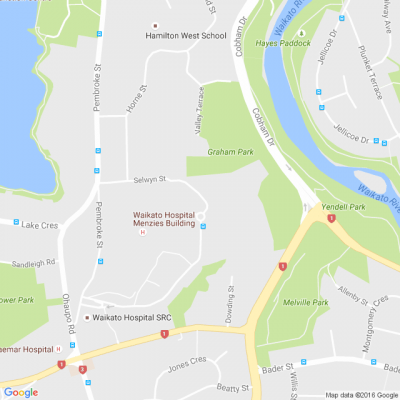
Know what’s happening
Access the private noticeboard for verified neighbours near you. Keep informed about any suspicious activity, send urgent updates to your neighbours when required and discuss emergency planning.
Get to know your neighbours
Browse the directory and start getting to know your neighbours. Don’t want to post to the whole neighbourhood? Send a private message.
Buy, sell and give away
Want to declutter your garage? Buy some used household items? Give away some garden stuff? Become a verified neighbour to browse and post items for sale. Trading is simple when everyone lives nearby.

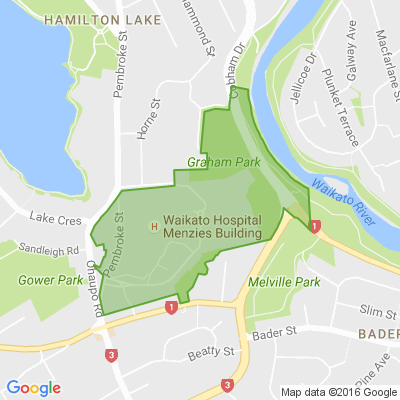
Nearby
Hillcrest, Melville, Hamilton Central, Hamilton Lake, Temple View, Hamilton East, Frankton, Bader, Fitzroy, Dinsdale, GlenviewNeed to borrow something?
Whether you need a quick borrow of a line trimmer or a sewing machine - Ask on Neighbourly!

Thank you for using Neighbourly
You may receive an email confirmation for any offer you selected. The associated companies will contact you directly to activate your requests.
Look no further! Join Sam Mannering on Thursday the 23rd of September and cook your dinner along with him.
What’s on the menu? Sam is going to teach you how to make curry from scratch, and for dessert, a tarte tatin.
Get in quick because seats are limited!
Register now

EnergySmart are giving away ceiling and underfloor Insulation to 3 lucky winners. Visit our website for more information and to enter!
Terms and Conditions apply
Competition closes midnight 26th September 2021

Mei Leng Wong Reporter from NZ Gardener & Get Growing
Dear neighbours,
As part of Stuff’s Life & Style Live Chat series, NZ Gardener editor Jo McCarroll and Jack Hobbs, manager of the Auckland Botanic Gardens, are back with their expert spring gardening tips, advice and plant problem-solving. If you have a question for the gardening experts, … View moreDear neighbours,
As part of Stuff’s Life & Style Live Chat series, NZ Gardener editor Jo McCarroll and Jack Hobbs, manager of the Auckland Botanic Gardens, are back with their expert spring gardening tips, advice and plant problem-solving. If you have a question for the gardening experts, you can submit it (now, or during the chat) at the link below. Then tune in today, Sept 17, at 3pm.
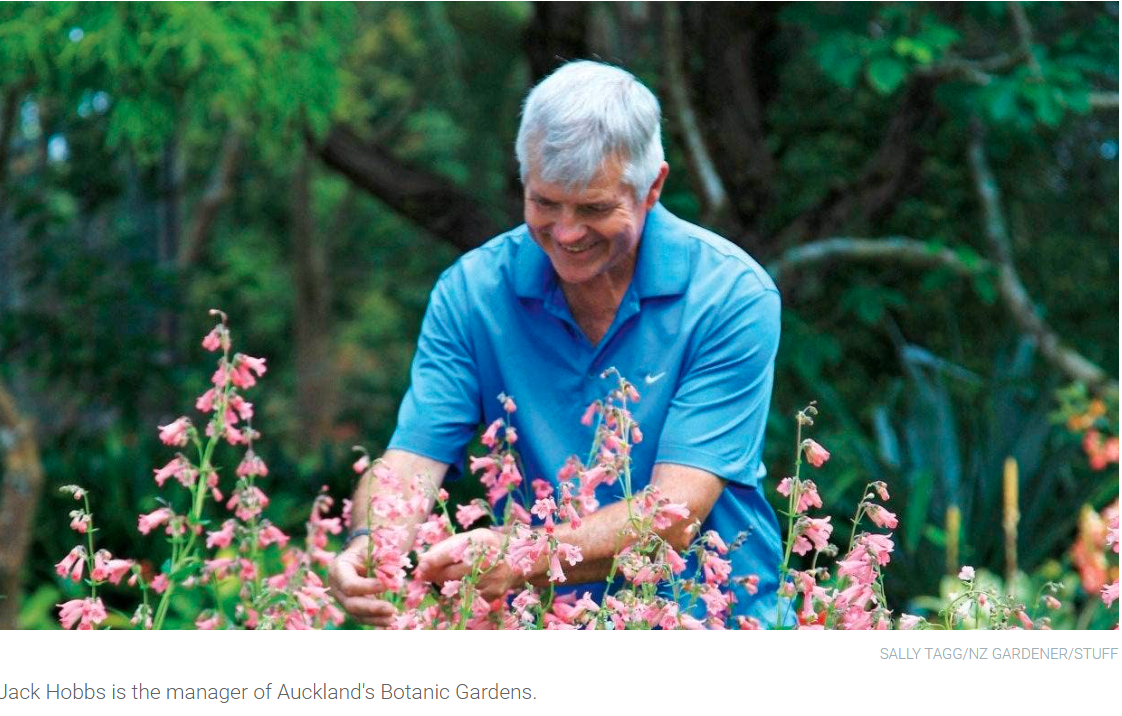
Robert Anderson from Curtain Clean Hamilton
Hoping to buy blinds or curtains but feeling a bit overwhelmed with all the choices? You might walk into a store with great curtain ideas but it’s easy to lose focus when you see all the options on the shelves.
Did you know that blinds and curtains can be energy efficient? Did you know there are… View moreHoping to buy blinds or curtains but feeling a bit overwhelmed with all the choices? You might walk into a store with great curtain ideas but it’s easy to lose focus when you see all the options on the shelves.
Did you know that blinds and curtains can be energy efficient? Did you know there are more types of blinds that the typical shutters? There’s so much to consider!
To help you narrow down your options, here are some tips to pick the right blinds and curtains that work best for you:
1. Colour
Your choice of colour will be among the main priorities when choosing the ideal blinds or window curtains. Getting the wrong colour can ruin the aesthetic value of the whole room.
The wrong colours on the wrong windows can also lead to quick degradation. If you use strong colours like blood red on windows where the sun shines often, the colours could fade quickly. Go around this by choosing blinds or curtains with nude or neutral light colours, ensuring they’ll still look good even after fading a bit.
2. Measurements
Your second step is to make sure you get the right measurements. The general rule of thumb is that your blinds or curtain panels should be longer and wider than your windows. Drapes should go down to the floor.
If you want to make your windows and walls look bigger than they are, include a few inches above the window. Hanging your curtains 4-5 inches above the window frame creates an illusion of length.
3. Material
Blinds come in all shapes and sizes. Generic blinds like shutters or slats use aluminium or wood. Sheers use glass and these are great if you want to filter out light and striking glares in the room.
Curtains, on the other hand, come in too many options. Most use cotton, wool, silk, and linen. Thicker curtain fabric is great if you want to control temperature and prevent bright light from seeping into the room. Lighter fabric is better when you want to keep the airflow circulating.
Material choice will also affect your budget. It goes without saying that the stronger and more functional materials will cost more.
4. Style
Getting the right fabric, right measurements, and the right colour won’t do you much good if the style of the blinds or curtains doesn’t click with your personal preferences.
There are a lot of stylistic blinds and curtain ideas to choose from. Do you want to stick with plain colours and a sleek design for a modern look? Will you go for deep colours, embroidery, and frills for a Victorian or Edwardian aesthetic?
Blinds can be boring, white with no style at all, or as unique as vertical sheers using rotating glass materials.
5. Ease of Use
Generic blinds are easy to use; you have one line to pull to open or shut the blinds and another line to rotate the individual panels. Cheap curtains require you to pull them open by hand and then tie them manually but you may find a few affordable choices with their own rope.
In short, make sure you check if the curtains and blinds are easy to use. You don’t want to spend more time than you have to only to open your window and look outside.
6. Safety for Kids and Pets
Keep reading: www.curtainclean.co.nz...
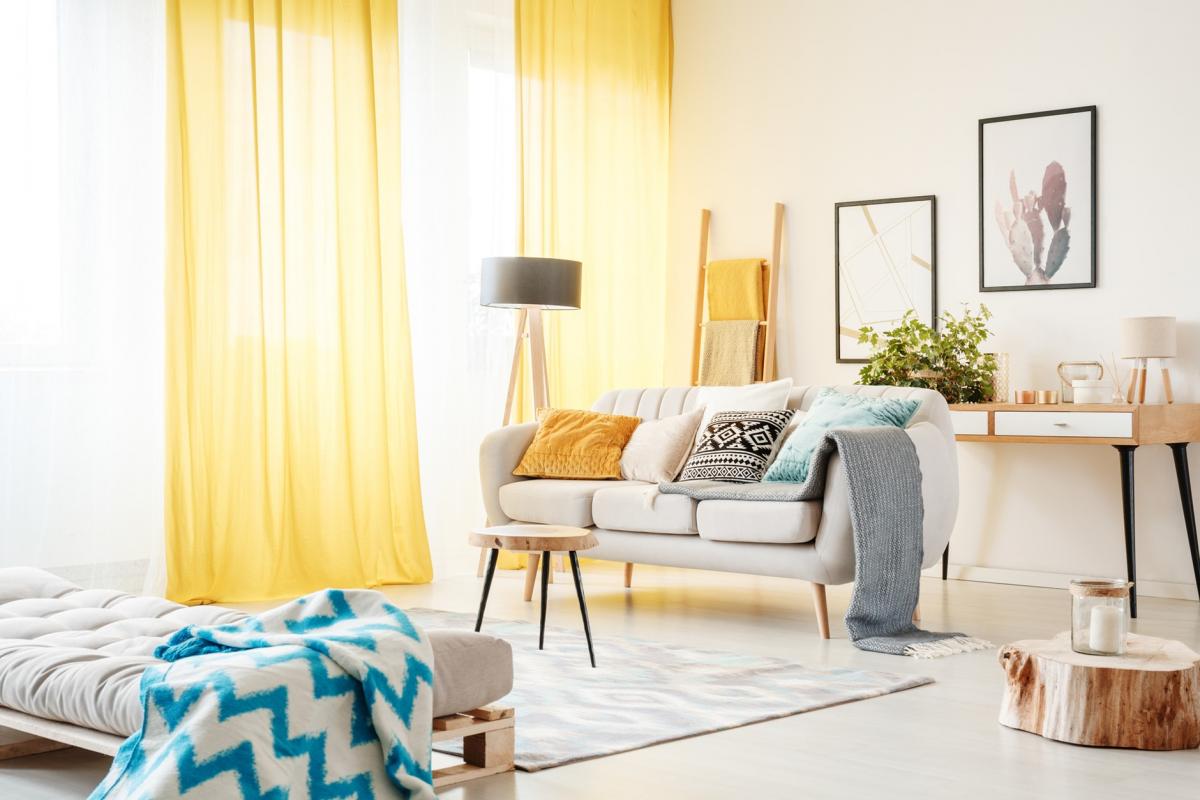
The Team from
Give some plain store-bought pots a fresh new look using Resene FX Crackle effect. Use Resene FX Crackle effect to give a shabby chic look with on-trend paint colours.
Find out how to create your own.
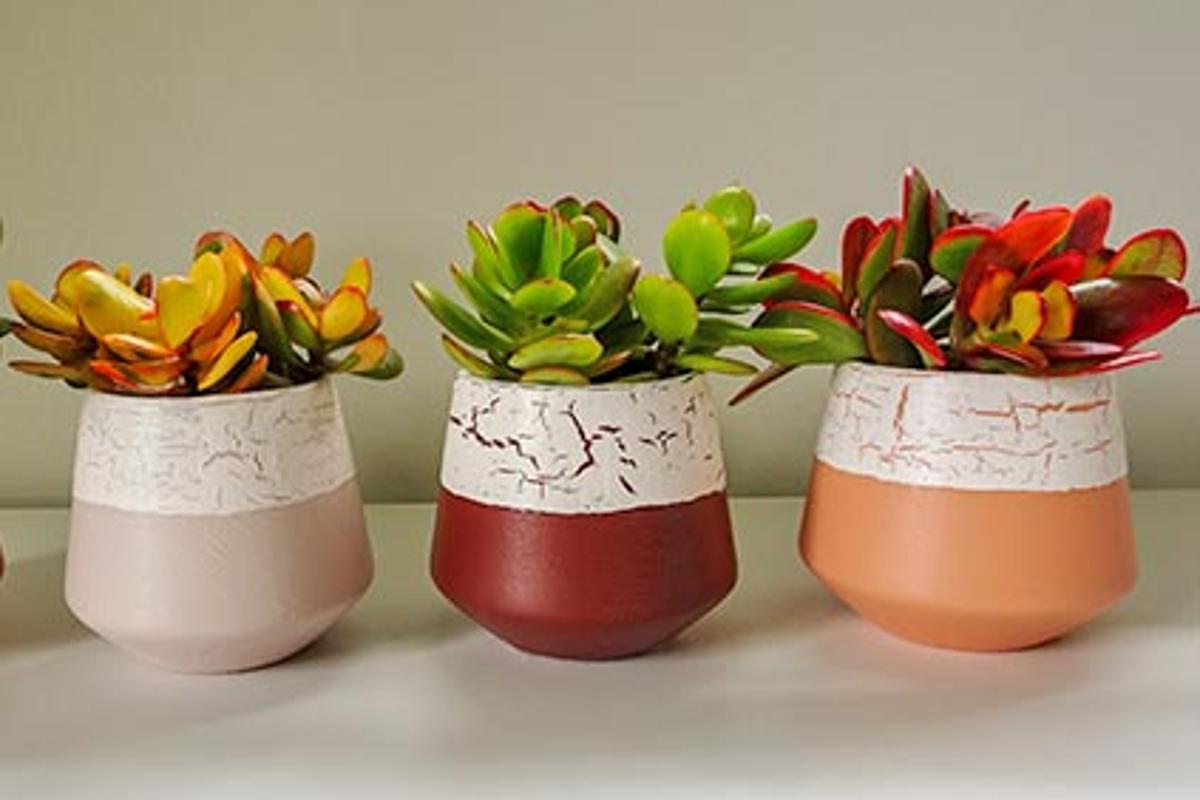
Forlongs turned 75 last month, and we’d like to thank our customers for shopping local and supporting a Waikato family owned business.
At Forlongs you will find:
· Friendly service and a great range of furniture, appliances, outdoor and more
· A better finance offering with less fees
·… View moreForlongs turned 75 last month, and we’d like to thank our customers for shopping local and supporting a Waikato family owned business.
At Forlongs you will find:
· Friendly service and a great range of furniture, appliances, outdoor and more
· A better finance offering with less fees
· Free delivery within our delivery area
· Free undercover parking
· Plus reward points on account purchases
We look forward to welcoming you in store and helping you find all your favourite things.
Shop now
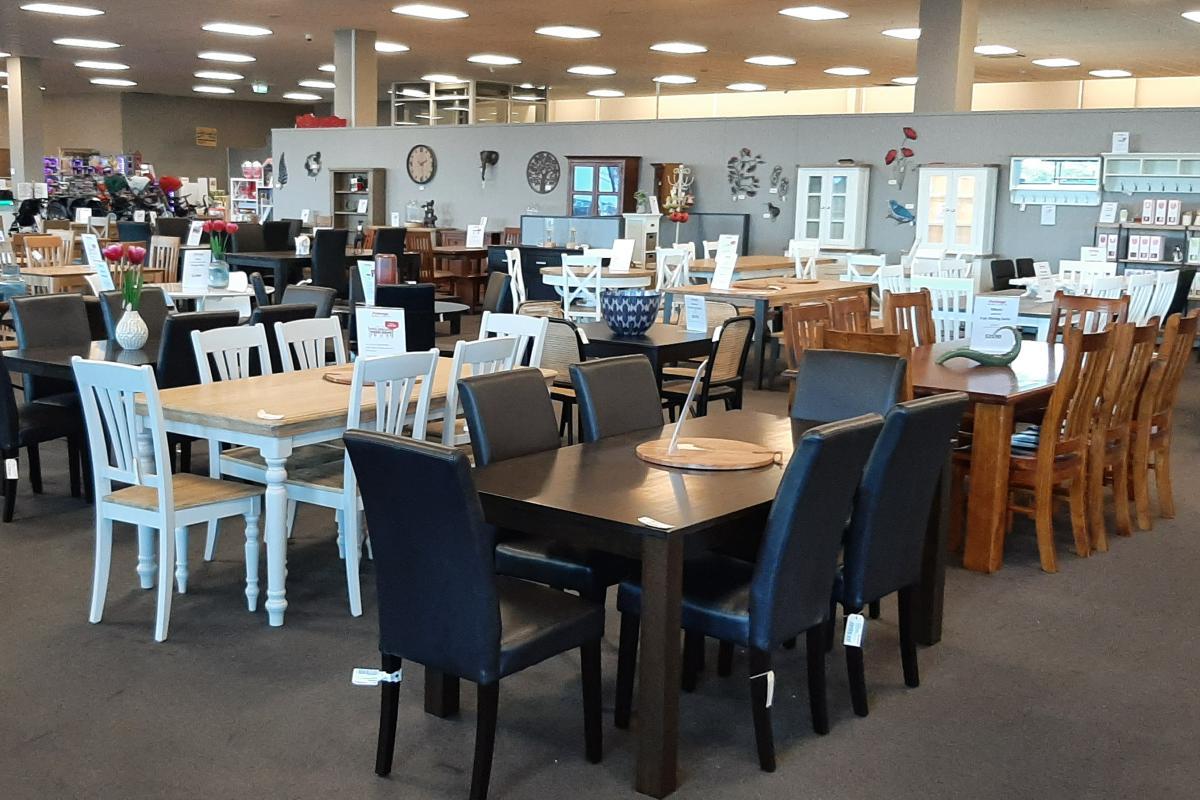
Our Range of Mitsubishi Heat Pumps have incredible sound reducing technology, making them perfect for heating and cooling bedrooms!
Visit our website for more information

The Team from Graeme Dingle Foundation Waikato
We hope everyone is enjoying Māori Language Week 💚
Today, we thought we'd share two common phrases which you can start to practice and use when talking to your friends, whānau or work colleagues.
Ngā mihi nui | Thanks so much
Kia pai te rā | Have a good day

The Team from Addictive Eaters Anonymous - Hamilton
The AEA web event is a free monthly online meeting using Zoom video conferencing software. With three 10 minute speakers and member sharing. Participants can join the web event from their phone, desktop, mobile and tablet devices. ALL WELCOME
The purpose of the web events is to carry the message … View moreThe AEA web event is a free monthly online meeting using Zoom video conferencing software. With three 10 minute speakers and member sharing. Participants can join the web event from their phone, desktop, mobile and tablet devices. ALL WELCOME
The purpose of the web events is to carry the message to newcomers who live in areas where there are no AEA meetings and to strengthen areas where there are sole AEA members. These events are not designed to replace face-to-face meetings. Rather, we hope that face-to-face meetings will grow and increase as a result of having regular web events.

It's te wiki o te reo Māori, and to celebrate this awesome initiative, we've given our logo a little update.
'Haporitanga' means 'the many principles and actions of being a community' and we think it's a great way to express what Neighbourly is.
Are you … View moreIt's te wiki o te reo Māori, and to celebrate this awesome initiative, we've given our logo a little update.
'Haporitanga' means 'the many principles and actions of being a community' and we think it's a great way to express what Neighbourly is.
Are you keen to dive straight into te wiki? Here's a video by our mates at Stuff showing five te reo words that every person from across the motu (country) needs to know.
For more coverage on Māori language week, click the 'See more' button below.
Ngā manaakitanga!
See more
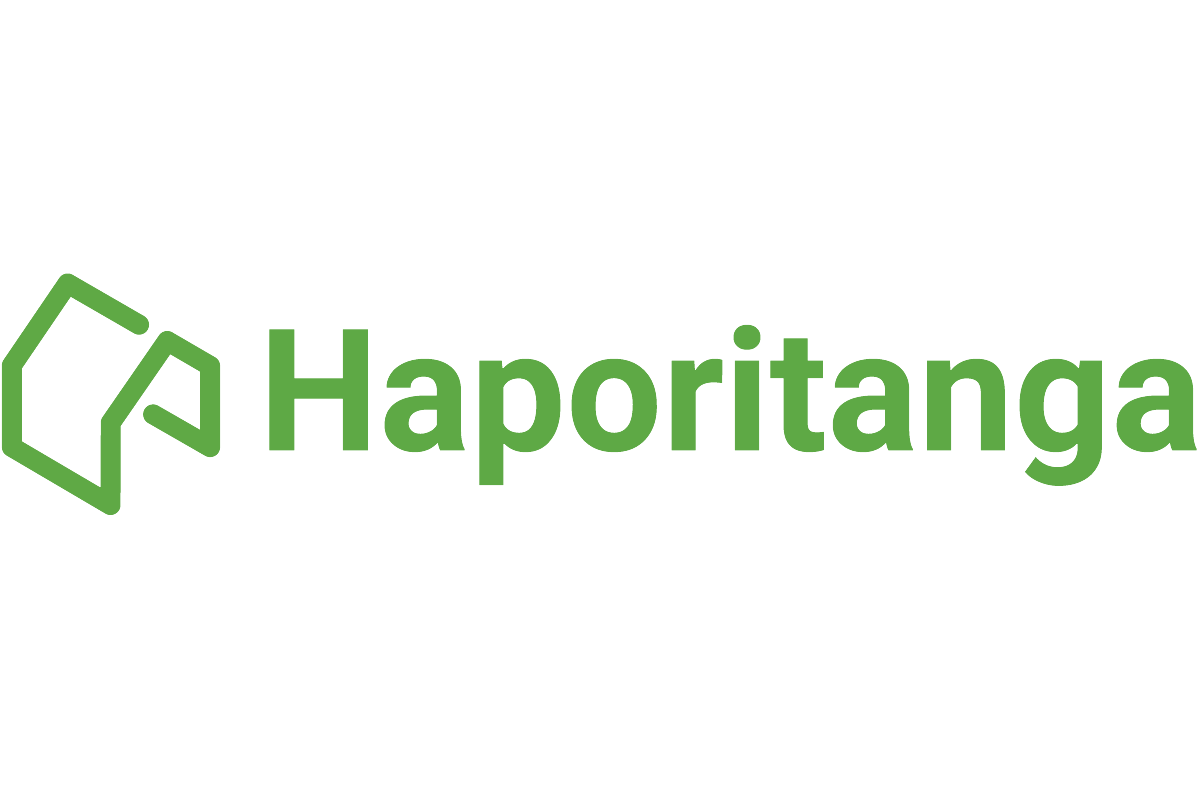
The Team from Neighbourhood Support New Zealand
To do our part, here's two phrases we believe everyone should know in Te Reo Māori.
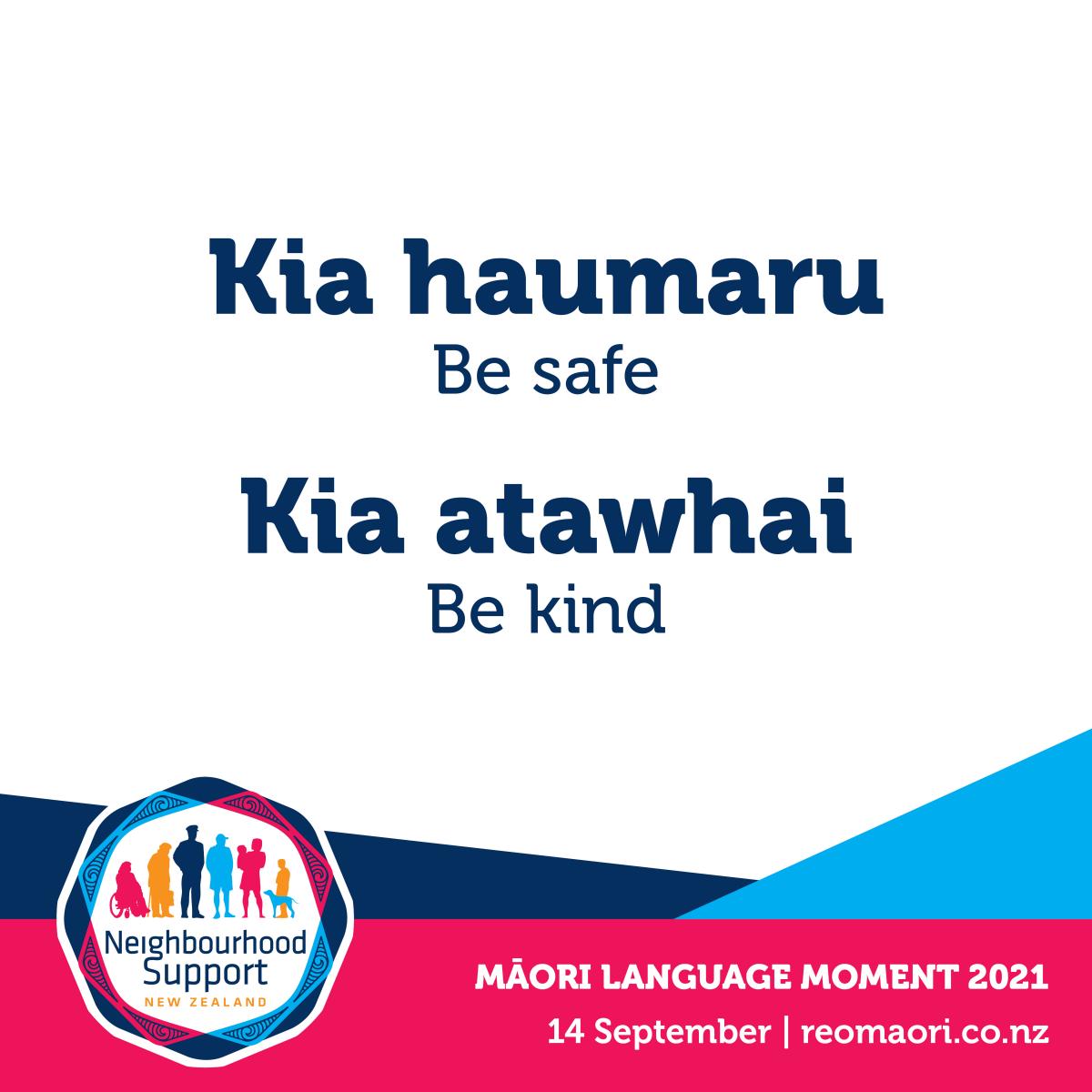
It’s been an incredibly challenging year for many. We’ve been thrown a bunch of curveballs in both our business and personal lives. For some, it feels a bit like a game of dodgeball that never ends.
So, today, I’m sharing ten simple daily practices and rituals that when I'm feeling in a… View moreIt’s been an incredibly challenging year for many. We’ve been thrown a bunch of curveballs in both our business and personal lives. For some, it feels a bit like a game of dodgeball that never ends.
So, today, I’m sharing ten simple daily practices and rituals that when I'm feeling in a frazzle, lift my spirits and support my mind and body in the hope that they may just do the same for you.
I’m sharing some of my favourite soul soothing recipes too.
For a little light reading, please read more here.
Take care of yourselves and each other,
Lee xo
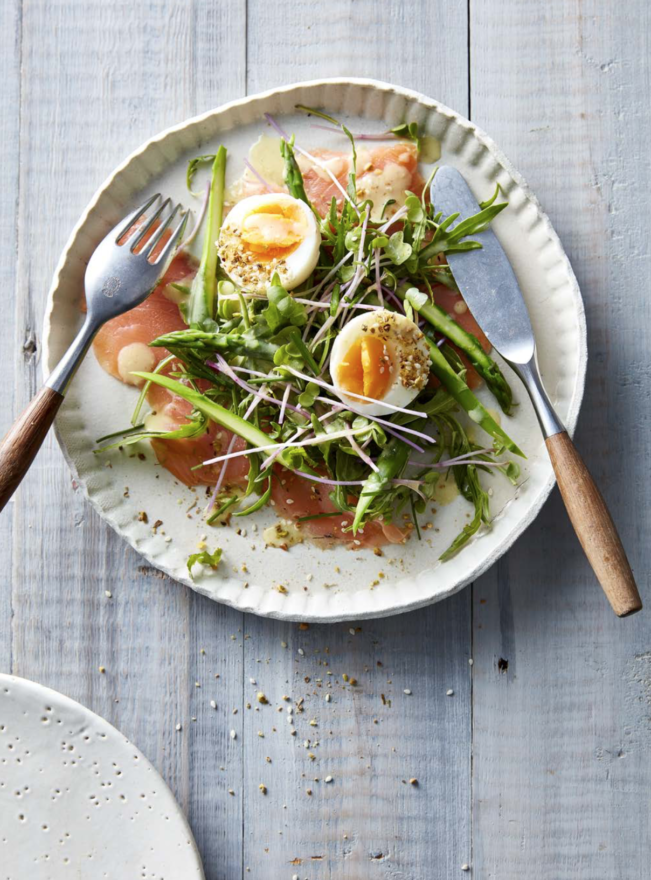
The Team from Graeme Dingle Foundation Waikato
Ngā mihi o te wiki o te reo Māori e hoa mā | Happy Māori Language Week
Māori Language Week has officially started across Aotearoa. Throughout the week, we will be posting common words which you can start to use in everyday conversations such as kia pai te rā which means have a great day ⭐
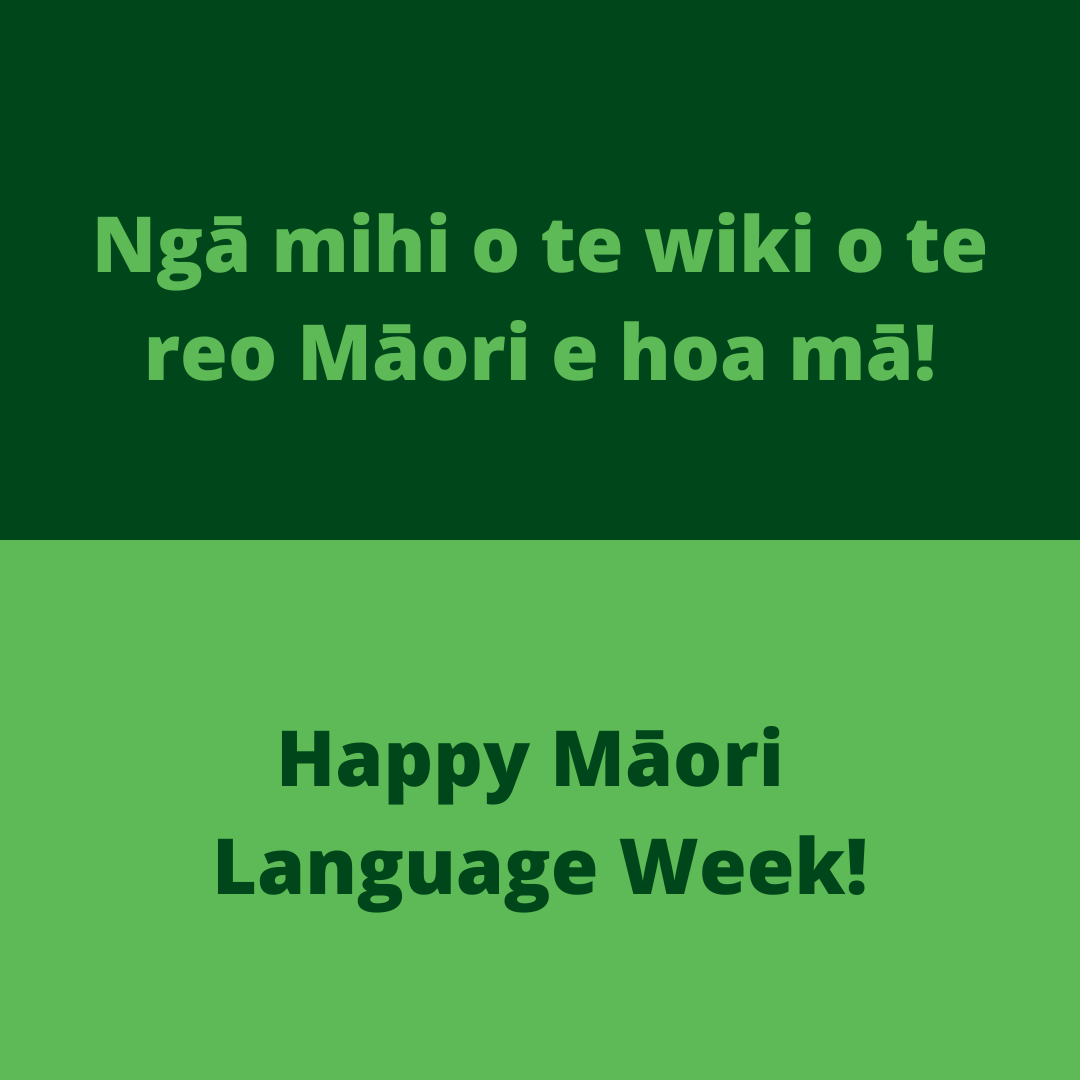
And we want you and your family to be able to have fun in the water and swim with confidence. We are open and operating under Level 2 Delta guidelines.
Touch base with us today to book in for your FREE trial swimming lesson.
The Free Trial lesson is open to all new customers.
Find out more

Robert Anderson from Curtain Clean Hamilton
There are five different styles/category of fabric that form the foundation for the vast array of curtain and upholstery fabrics you see on the market today. Each fabric style outlined below has its own unique characteristics and are produced using different techniques. Some of these fabric types … View moreThere are five different styles/category of fabric that form the foundation for the vast array of curtain and upholstery fabrics you see on the market today. Each fabric style outlined below has its own unique characteristics and are produced using different techniques. Some of these fabric types will be well known to you like plain and printed fabrics, while others less so.
You may be wondering why cotton and linen for example are not included here – this is because they are a type of composition that falls within one of these categories below.
Here we give you a high-level overview of the styles of fabrics available to you for your home interior or commercial interior project.
PLAIN
Plain fabrics are characterised by simple weaves and textures not showing any complex design.
Simple weaves are for instance – hopsacks, twills, herringbones and satins. Common fabric compositions used for plain fabrics include natural fibres (cotton, linen) as well as synthetic fibres (polyester, acrylic, etc.)
Plain interior fabrics take on a simple and paired back aesthetic. Ideal for a minimalist décor, you can complement plain fabrics with more textured and tactile textiles for added interest to your home décor.
PRINTED
Printing is the process of applying coloured designs and patterns to a woven textile. One or more colours are applied to the fabric in specific parts only, using thickened dyes to prevent the colour from spreading beyond the limits of the pattern or design. In quality printed fabrics, the colour is bonded with the fibre so as to resist loss of dye from washing and friction (crocking). Printing is an ancient textile manufacturing technique of which there are five print production methods you can use:
Burn Out Printing:
A process which uses chemicals, rather than colour, to burn out or dissolve away one fibre in a fabric. The purpose is to achieve a sheer design on a solid or opaque fabric. The chemicals used during production can make this fabric sensitive to ultraviolet degradation when hung in direct sunlight.
Digital Printing:
Rapidly becoming a popular and commercially viable printing method due to its flexibility, precision and consistency. With this new printing technique it is now possible to print any design, even with photographic detail, onto fabric. There are no restrictions in the amount of colour that can be used.
Engraved Roller Printing:
The printing method used for the majority of fabrics worldwide. The colours are printed directly onto the fabric. There must be one roller for each colour used in the print. The more colours used, the better the print definition and depth of colour. The number of colours used is printed on the left hand selvedge of a fabric along with the brand.
Hand Block Printing:
The oldest form of printing. Print designs are created by transferring dyestuffs onto fabric with the help of wooden, linoleum, or copper blocks. Artisans hand craft individual blocks to carry each different colour in a design and perfectly match block placement to create the all-over design.
Keep reading: www.curtainclean.co.nz...
 Loading…
Loading…
Are you sure? Deleting this message permanently removes it from the Neighbourly website.
 Loading…
Loading…
© Neighbourly 2026
